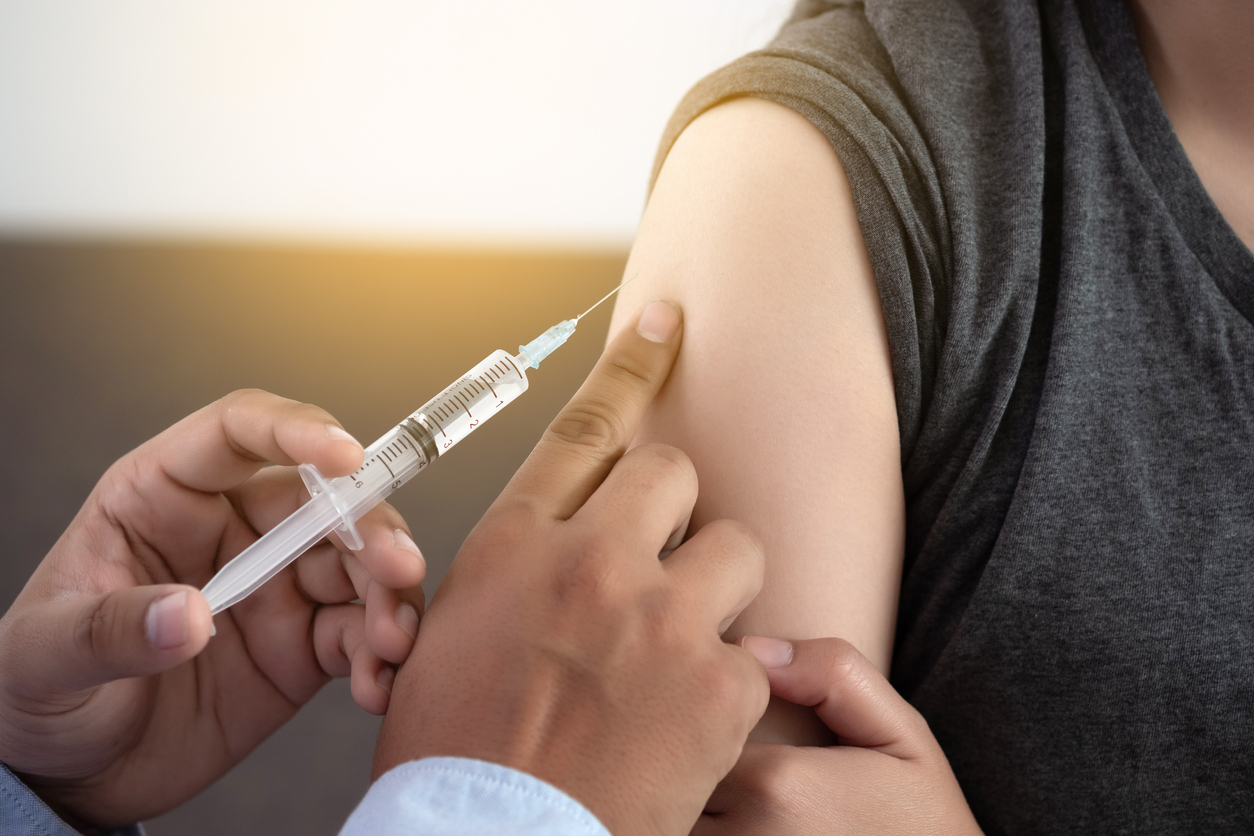
Human challenge trials for COVID-19 vaccine: A risky time-saver?

Around 10 days ago, a group of 10 persons — mostly comprising research scholars — started a website, named 1 day sooner, that called for human challenge trials to speed up the development of a vaccine for COVID-19. These trials require individuals to deliberately get exposed to coronavirus. Yes, you heard it right.
But this is not the first time human challenge trials are held. They had been conducted for many years for developing vaccines for diseases like smallpox, malaria, influenza and cholera. In fact, Even Edward Jenner, who had contributed greatly to the smallpox vaccine had used human challenge trials.
He injected an 8-year-old boy, named James Phipps, with cowpox in a bid to test whether the injection could prevent smallpox. Fortunately, Phipps was unaffected. This happened in 1796. Around 224 years later, more than 9,000 people from 52 countries have come forward to participate in the human challenge trials for COVID-19 vaccine.
Clinical trials with human subjects
Generally, vaccine or clinical trials with human subjects involve three phases. In the first phase, a small group of individuals — less than 100 — without any underlying medical conditions undergo the trial. The investigators find the maximum dosage of the medication the subjects could take without any serious impact.
The success of the first phase leads to the next phase of the trial. In this, several hundreds of people participate and take the same amount of dosage as in the first phase. This goes up to several months or even years. The third phase involves a few thousand participants.
Out of them, around half are given the new vaccine and the others receive the existing medication or placebo. The phase is double-blind — neither the tester nor the subject knows who is given what. This phase may go on for several years as only a small segment of the participants are likely to contract the disease.
How human challenge trials are different
But in human challenge trials, the participants are exposed to the disease deliberately. In case of COVID-19, they would encounter the disease after taking the vaccine or a placebo, similar to the third phase of normal clinical trials. However, since they are infected with the virus, the effect of the vaccine can be identified sooner.
Though more than 9,000 people have volunteered to take part in the trials, 1 day sooner claims that they will be selected based on their age group. Persons between the ages 20 and 45 without any underlying medical conditions will only be possibly selected, it says. With this, it claims that the risk would be minimized among the participants.
Why challenge trials are disputed
Let’s go the case of Edward Jenner. Though Phipps was fortunately unaffected, his study is ethically problematic as he was “unable to gain valid consent from his research subject,” says a report by the National Center for Biotechnology Information (NCBI). However, in the case of COVID-19 challenge trials, it’s purely voluntary.
But the NCBI report mentions about the health risks involved in it. “It is important to remember the recent case of Ellen Roche — a healthy volunteer who died in a hexamethonium challenge study of asthma study at Johns Hopkins because of a simple failure to conduct a systematic review of existing literature in a drug study,” it says.
According to 1 day sooner, the mortality rate in this age group is comparatively low. But the highly contagious nature of the SARS-CoV-2 may affect the elderly, among whom the mortality rate is higher. Moreover, these trails need to done with utmost precaution.
“When conducted, human challenge studies should be undertaken with abundant forethought, caution and oversight. The value of the information to be gained should clearly justify the risks to human subjects. Information to be gained should clearly justify the risks to human subjects,” says a WHO report.
However…
Given the rapid spread of COVID-19 across the world, scientists have suggested that human challenge trials replace the conventional phase 3 testing to make the vaccine available much sooner. “Controlled of SARS-CoV-2 vaccine candidates could accelerate the testing and potential rollout of efficacious vaccines,” according to an article in The Journal of Infectious Diseases.
Moreover, the group — 1 day sooner — has so far neither planned to conduct any human challenge trials nor has collaborated with any company. It has only been recruiting volunteers for the challenge trials.


